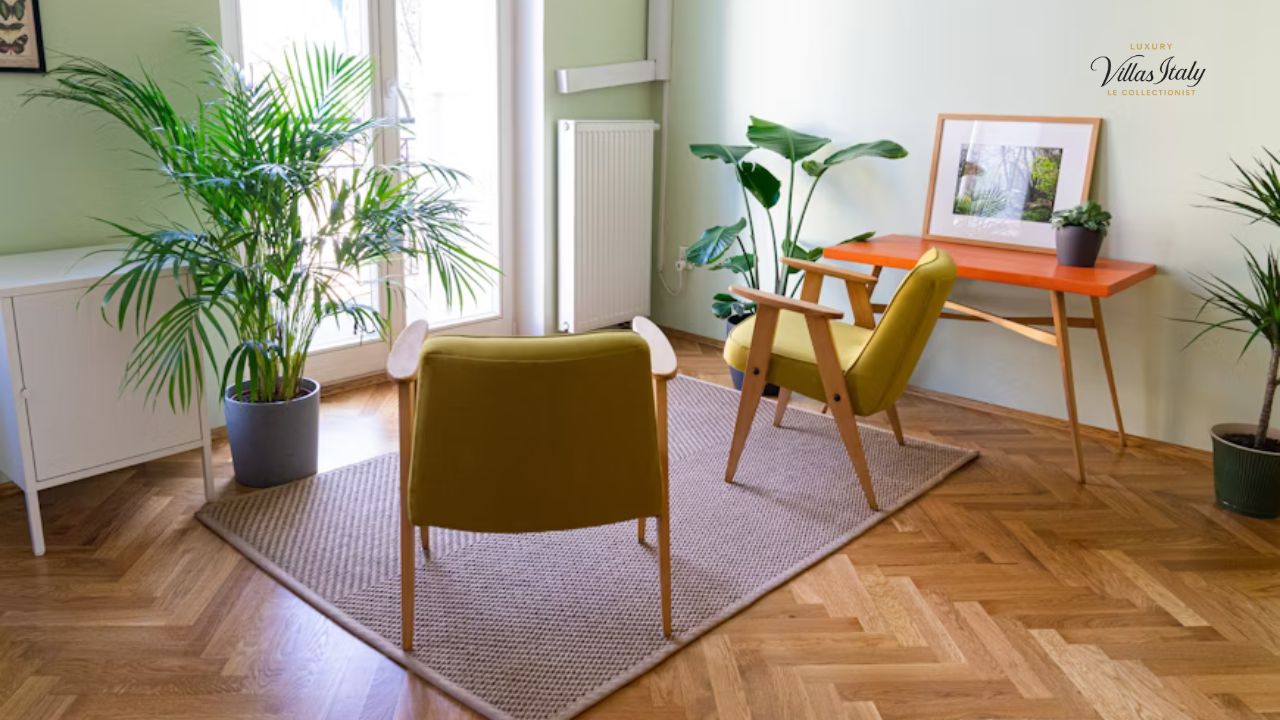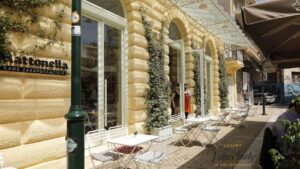Keeping your floors clean is essential, but commercial cleaning products can often be expensive, filled with harsh chemicals, and sometimes ineffective. That’s why more people are choosing a home made floor cleaner to save money, reduce toxins, and achieve sparkling floors with ingredients you can trust. Whether you’re cleaning wood, tile, vinyl, or laminate, crafting your own floor solution is easier than you think. This ultimate guide will walk you through everything you need to know about DIY floor cleaners, including recipes, benefits, and expert tips.
Quick Summary Table of Home Made Floor Cleaners
| Floor Type | Cleaner Recipe | Benefits | User Reviews (out of 5) |
|---|---|---|---|
| Wood Floors | Vinegar, olive oil, and water | Gentle, conditions wood | 4.7/5 |
| Tile Floors | Baking soda, vinegar, lemon juice | Removes grime, fights bacteria | 4.5/5 |
| Vinyl Floors | Water, dish soap, and a dash of vinegar | Shines without damaging | 4.6/5 |
| Laminate Floors | Rubbing alcohol, dish soap, water | Streak-free shine, dries quickly | 4.8/5 |
| Sticky Floors | Warm water, vinegar, and a pinch of baking soda | Tackles tough residue | 4.9/5 |
| Pet Urine Stains | Baking soda, hydrogen peroxide, dish soap | Neutralizes odors, removes spots | 4.4/5 |
| Ant-Repellent Floors | Vinegar, essential oils (peppermint/citrus), water | Deters ants naturally | 4.8/5 |
Get ready to deep-dive into each type and learn how to make your floors sparkle!
Why Choose a Home Made Floor Cleaner?
From environmental benefits to customizable formulas, there are countless reasons to make your own floor cleaner at home. Here’s what makes them a game-changer:
1. Non-Toxic and Safe
Commercial floor cleaners often contain chemicals that can be harmful, especially for children or pets. Home made floor cleaners use natural ingredients like vinegar, baking soda, and essential oils, making them a safer, non-toxic alternative.
2. Budget-Friendly
Most DIY recipes cost pennies per batch. With a few household staples, you can create cleaners for almost every floor type, saving significantly on store-bought solutions.
3. Environmentally Friendly
When you use natural ingredients, you minimize chemical runoff into the environment. Plus, using reusable spray bottles prevents unnecessary plastic waste.
4. Customizable for Your Needs
You can easily tweak homemade solutions to suit your specific floors or cleaning preferences, adding scents like lavender or citrus for a personal touch.
Top Home Made Floor Cleaner Recipes
Each type of flooring has unique requirements. Using the wrong cleaner can damage the material, while the right one can enhance its longevity and shine. Below are specific recipes curated for different flooring types.
1. Home Made Hardwood Floor Cleaner
For wood floors, it’s crucial to use gentle yet effective ingredients. Here’s the best recipe:
Ingredients:
- 1 cup white vinegar
- 1 teaspoon olive oil
- 1 gallon warm water
- 5 drops of essential oil (optional, for fragrance)
Instructions:
- Mix all ingredients in a bucket or spray bottle.
- Dip a mop or microfiber cloth into the solution. Wring out excess water to avoid oversaturating the wood.
- Mop in the direction of the grain.
- Buff with a dry cloth for added shine.
Pro tip: Olive oil acts as a natural conditioner for wood, bringing out its natural luster.
2. Home Made Tile Floor Cleaner
Tiles often accumulate grime in the grout. This heavy-duty cleaner is a lifesaver:
Ingredients:
- ½ cup baking soda
- 1 cup white vinegar
- 1 gallon hot water
- Juice of 1 lemon
Instructions:
- Combine baking soda and vinegar in a bucket (watch for fizzing!).
- Add the lemon juice and water.
- Apply with a mop or scrub brush.
- Rinse with plain water for best results.
Real-life feedback from Mary T., a homeowner: “After trying this recipe, my bathroom tiles haven’t looked this clean in years—hands down the best home made floor cleaner for ceramic tiles!”
3. Home Made Vinyl Floor Cleaner
Vinyl floors need a gentle cleaner to maintain their finish.
Ingredients:
- 1 gallon warm water
- 1 teaspoon dish soap
- ¼ cup vinegar (optional for added shine)
Instructions:
- Mix ingredients in a mop bucket.
- Dip and wring out your mop before cleaning.
- Rinse with plain water if needed to avoid streaks.
4. Home Made Laminate Floor Cleaner
This streak-free formula is excellent for laminate:
Ingredients:
- ¼ cup rubbing alcohol
- 2 cups warm water
- 1 teaspoon dish soap
Instructions:
- Combine all ingredients in a spray bottle.
- Spray directly onto floors and wipe with a microfiber mop.
- Avoid oversaturating, as laminate isn’t water-resistant.
5. Home Made Bathroom Floor Cleaner
Bathrooms demand extra care due to bacteria and moisture.
Ingredients:
- ½ cup vinegar
- 1 gallon hot water
- 5 drops tea tree oil (antibacterial properties)
Instructions:
- Mix in a mop bucket.
- Clean floors thoroughly, paying extra attention to corners.
A review by Jamie L.: “This home made bathroom floor cleaner easily tackled mildew along my shower floor tiles!”
Tips for Making and Storing Home Made Floor Cleaners
- Label Containers: Always label spray bottles with the cleaner type and date.
- Store in Cool Places: Keep cleaning solutions in a cool, dry area to maintain effectiveness.
- Patch-Test Floors: Test DIY cleaners on a small, inconspicuous area before full application.
- Stay Consistent: For best results, clean floors weekly using your favorite recipe.
FAQs on Home Made Floor Cleaners
1. Are home made floor cleaners safe for pets and kids?
Yes! They are made with natural, non-toxic ingredients that are far safer than chemical alternatives.
2. Can I add essential oils to any recipe?
Absolutely. Essential oils such as lavender, orange, or eucalyptus not only add fragrance but can also provide antibacterial benefits.
3. Will vinegar damage wood floors?
No, as long as it’s diluted properly. However, avoid undiluted vinegar, as acidity can strip the wood’s finish.
4. What’s the best home made laminate floor cleaner?
A simple solution using rubbing alcohol, dish soap, and water is perfect for laminate—it cleans effectively without causing warping.
5. How do I prevent streaks on sticky floors?
Rinse the mop thoroughly between passes and avoid oversaturating with cleaner. A vinegar-based solution works wonders for sticky residue.
Final Thoughts
Creating a home made floor cleaner is an easy, affordable, and eco-friendly way to keep your living spaces shining clean. With recipes tailored for wood, tile, vinyl, and laminate, you can now confidently tackle any cleaning challenge. Enjoy the benefits of toxin-free cleaning while saving money and protecting your floors. Try out one of these recipes today—you won’t look back!
Admin Recommendation
Luxury Villas in Greece: Discover Le Collectionist’s Exclusive Retreats
Luxury Villas Italy Le Collectionist: A Dream Worth Indulging












